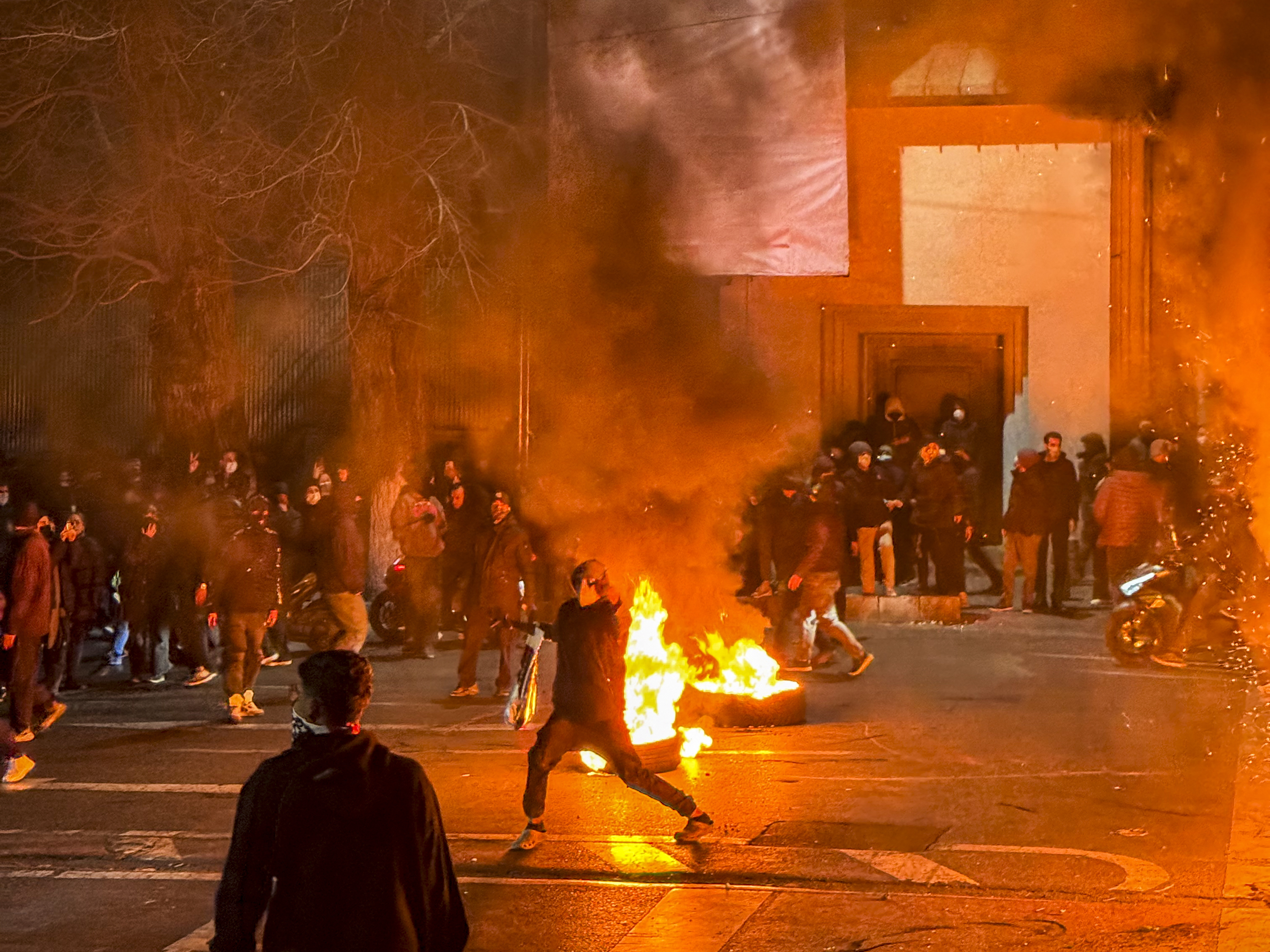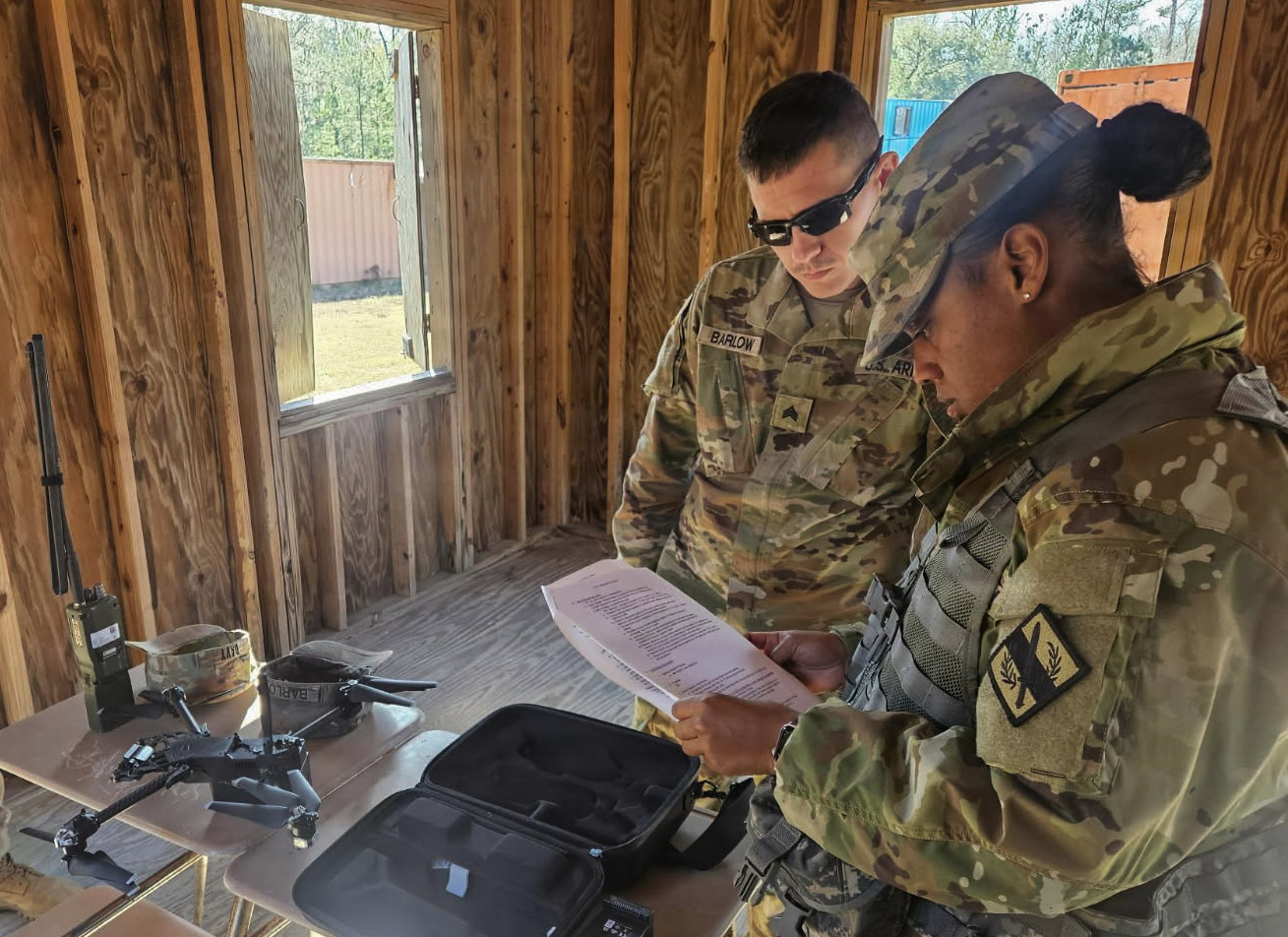
The United States government is once again careening toward a government shutdown as lawmakers play chicken over legislation that would keep the government running. In doing so, Congress is putting politics ahead of common sense and political theater ahead of its fundamental responsibility to fund government operations.
At issue is whether the government should pass a continuing resolution or “CR” to keep agencies funded while Congress works out details of a fiscal 2027 budget. Lawmakers have failed, for the seventh consecutive year, to pass a defense bill by the start of the next fiscal year. As a result, Congress needs a CR that will enable new program starts to pass this week.
This is a familiar problem. Congress has passed all its 12 required appropriations only four times in the past 48 years. When fiscal 2025 ends Sept. 30, it will close out an entire year operating under CRs. This is no way to manage the nation’s finances.
Yet here we are, praying for a CR—again. Let’s be clear: A continuing resolution is not a budget and it’s not a solution. CRs generally don’t allow for new program starts nor fund emergency requirements. That puts a hold on new programs, weapons, and systems the military needs to meet the advancing threats we face around the world.
But CRs are still better than a government shutdown, which disrupts people’s lives, stalls work, wastes federal funds, and paralyzes the nation.
According to the nonpartisan Committee for a Responsible Federal Budget, the government has shut down 10 times since 1981. Most of these were of very short duration. But the last time Congress shut down the government, in December 2018, it didn’t reopen for 34 days, throwing 350,000 people out of work for a month. Federal employees had to stay home and borrow to pay their mortgages and other bills, government contracts went on hold, and while Congress ultimately paid everyone for lost income, the government itself lost more than a month in productivity.
The Department of Defense and the Department of Veterans Affairs dodged the bullet in that 2018-2019 shutdown, because Congress passed their appropriations bills on time. There is no guarantee that’s going to happen again. Without a CR or appropriations for defense and the VA, our national security will suffer, as will Airmen, Guardians, Soldiers, Sailors, Marines, civilian employees and veterans.
Yes, essential personnel will still be required to report to work. But they will do so unsure when they will receive their next paycheck. The nation asks much of those who volunteer to risk their lives in defense of America’s national interests. That shouldn’t include working without a paycheck.
National security is serious business. Our nation faces greater risks today than at any point since World War II. Russia’s war in Ukraine threatens to spill over into Europe. China’s military muscle flexing in the Pacific is unnerving U.S. allies in the Pacific. Both are developing and fielding new nuclear weapons and hypersonic and conventional missile systems that threaten to overwhelm current U.S. defenses.
Consider our Space Force. Established not quite six years ago, it has operated under one CR or another for most of its existence. That constrains its ability to acquire the systems, hire the people, and make the changes necessary to change the way we operate our space assets. Essentially, our government is preventing the Space Force from doing what our government has tasked it to do.
Americans can unite around the imperative to secure our homeland from attack. We can unite about the need to ensure our forces are equipped to deter enemy aggression and ready and able to fight and defeat whatever threat comes our way. Providing for our national defense is among the five foundational principles spelled out in the Preamble to our Constitution. You can’t get more fundamental than that.
No doubt, Americans disagree on many things. But those elected to represent the public are duty bound to do the people’s work, which involves negotiation and compromise, not shutdowns and the waste and disruption they leave in their wake.
The military and government are locked in a fight for talent. In many, if not most cases, bright individuals can earn more in civilian industry than working in the military or other parts of the public sector. It’s the mission that attracts us to public service, and the mission that retains our attention. Still, for every service member or dedicated federal employee there is a tipping point at which one must ask—or face the question from a loved one—is it worth it? Does leadership and Congress have my back?
We believe our lawmakers want to do the right thing. The problem is that when the fight leads to a shutdown, everyone loses.
Americans deserve a government that rises to its challenges, overcomes roadblocks, and won’t accept lose-lose propositions. Americans deserve a ready, effective defense. Americans deserve a Congress that will pass its defense appropriations bill—and failing that, they deserve a CR that doesn’t let defense funding lapse.
Lt. Gen. Burt Field, USAF (Ret.), is the president and CEO of the Air & Space Forces Association.
The post Say No to a Government Shutdown appeared first on Air & Space Forces Magazine.

Air & Space Forces Association, Budget, Congress, 2026 budget, continuing resolution, continuing resolutions, fiscal 2026, fiscal 2026 budget request, government shutdown
Air & Space Forces Magazine
[crypto-donation-box type=”tabular” show-coin=”all”]





